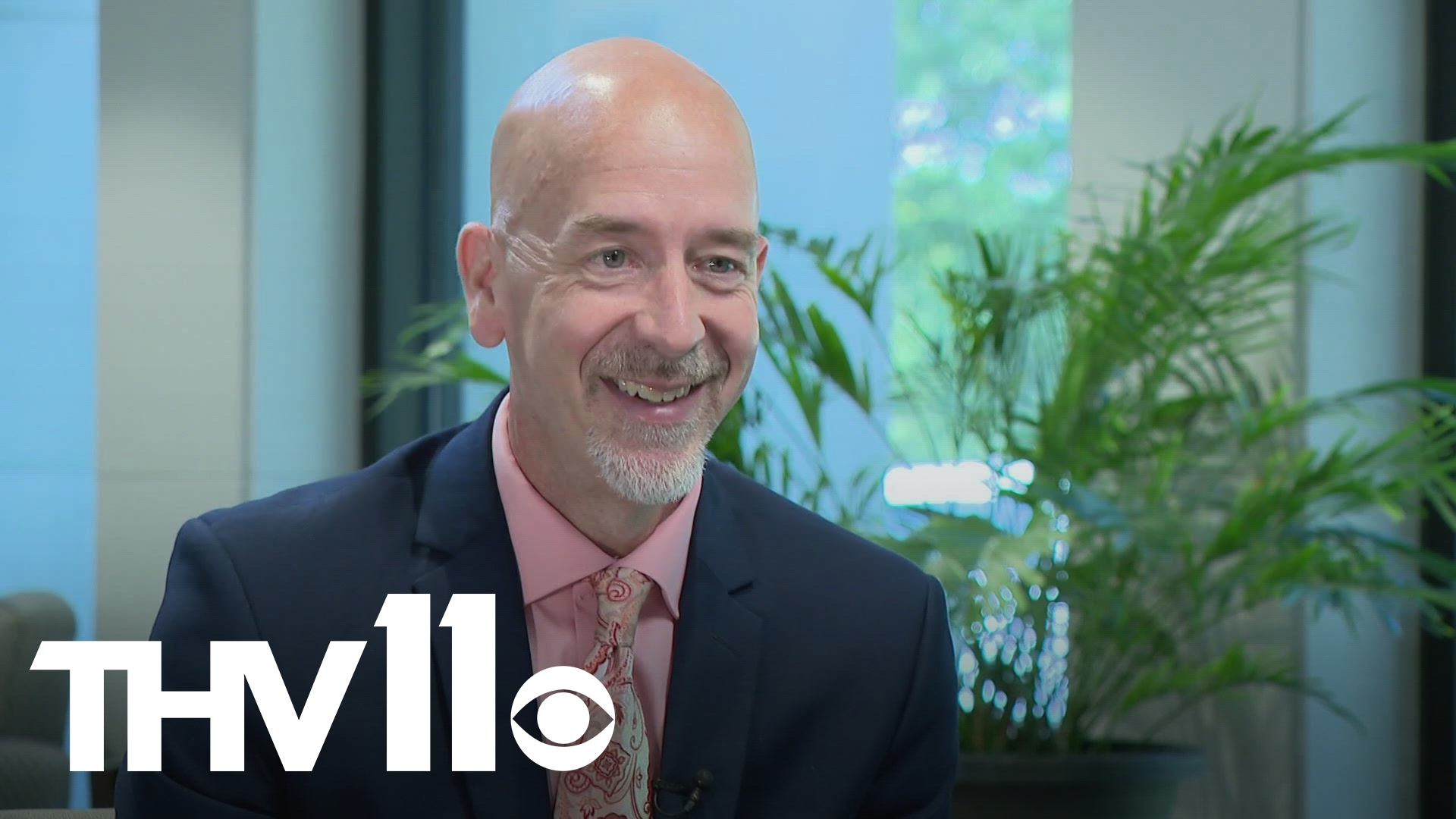LITTLE ROCK, Ark. — Gov. Sarah Huckabee Sanders and other state leaders introduced the idea early on to offer Arkansas school districts an opportunity to apply for grant money to purchase pouches to keep schools' phones free.
However, what does that look like for each school district? Well, according to Education Secretary Jacob Oliva, they are leaving that decision up to the school.
"We're giving districts the ability to determine how they want to implement a policy that limits or restricts cell phone use in the classroom, " Oliva said.
Oliva said that 20 districts have signed up to participate in this program, and the state has earmarked around $7 million to support it.
"The phone is not locked away in a different room," Oliva said. "It has a clipping lock, and you just go up to this little device that's hanging on the classroom door, and you push it against it, and it opens it."
However, many questioned whether this was the right way to allocate funds compared to leaving the phones at home or in the car.
Oliva said that exact questioning is why they left the choice to the district to figure out what works best for their students and staff.
"We believe in supporting those local decisions," Oliva said. "The school districts know their students the best. The leaders know what works and what doesn't work with their students and families, so we're providing flexible options. What we know is that cell phones are a distraction, and when we talk to school leaders and schoolteachers, that's one of the things that they prioritize and say, 'We need help with."
Oliva said the pilot program aims to help improve adolescent mental health and limit screen time.
Lesley Landry, a parent of two, said she's not opposed to helping our state's mental health crisis, but she would've liked to see these funds used in a different way that affects students sooner.
"I'm a big advocate of free lunches for all kids, and I will tell you right now, I know there are students in school whose parents may not meet the income requirements for free lunch, and they don't get lunch," Landry said. "I think that's a better place for us to spend our money to make sure all kids are fed."
Landry said that placing phones in pouches still poses a safety concern.
"I want to keep my kids safe, but it's a parenting decision at a certain point," Landry said. "Some kids I know don't have cell phones, but how do you legislate them, or how do you mandate parenting?"
But Oliva said this is also something state leaders take into account for too, as "safety is always a top priority,"
"I like to tell people we've been in school for over 100 years, and cell phones weren't part of it that entire time," Oliva said. "We still found ways to get messages to students and for students to communicate, and if there's an emergency, that's why we have those provisions available for districts to work with their families and make those needs."
Oliva added that this project cannot be executed overnight and that the state will examine pre- and post-survey data, student achievement and referral and attendance rates to measure the overall impact.

